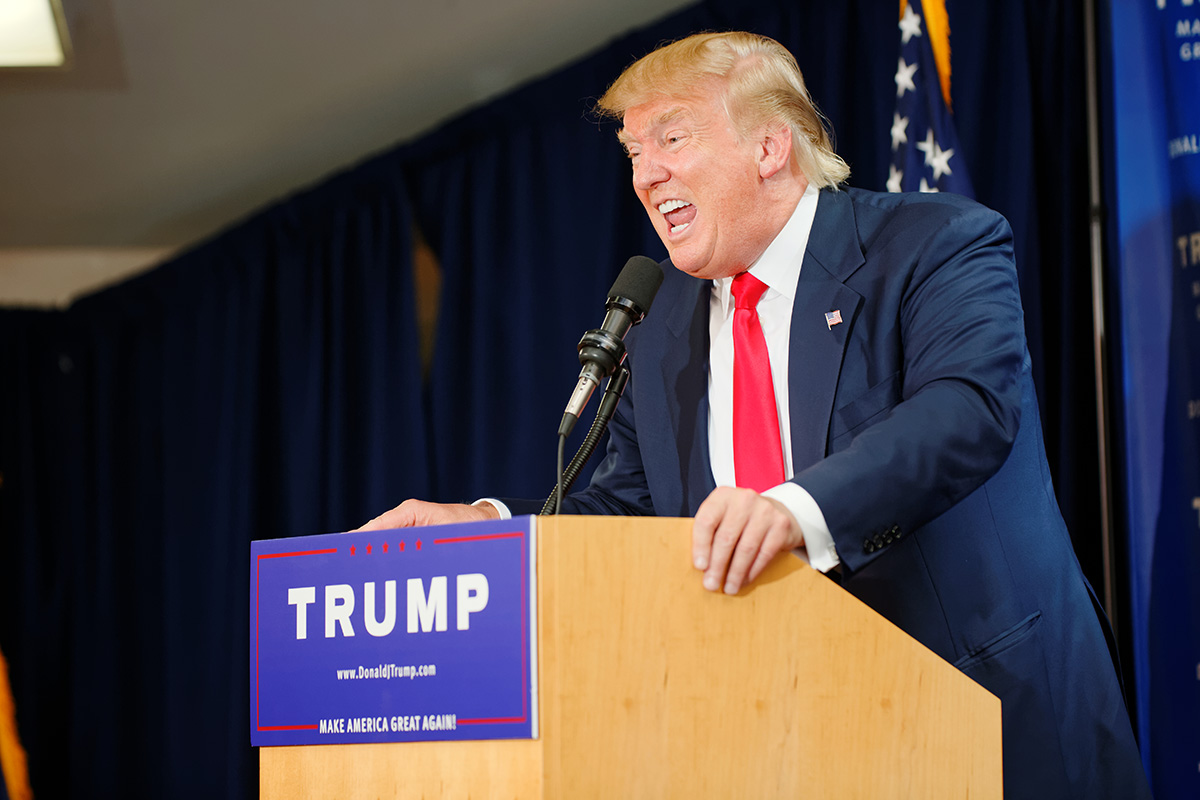Behind Trump’s Seven-Point Healthcare Plan

Photo by Michael Vadon on Flickr/Creative Commons
Story updated on November 9, 2016, to reflect Trump’s presidential victory.
Following Donald Trump’s upset victory early Wednesday morning, curiosity has turned back to the president elect’s healthcare plan.
The seven-point plan—which was released in March and may be tweaked or updated before Trump takes office in January—promises to do away with the Affordable Care Act “on day one of the Trump Administration.”
“It is not enough to simply repeal this terrible legislation,” it reads. “We will work with Congress to make sure we have a series of reforms ready for implementation that follow free market principles and that will restore economic freedom and certainty to everyone in this country.”
The post then moves to specifics, such as:
- Getting rid of the individual requirement to purchase healthcare, a mandate he said he supported in a February town hall.
- Allowing the sale of health insurance across state lines, an argument GOP members have made for years.
- Permitting individuals to fully deduct health insurance premium costs from taxable income, in the same way that businesses currently do.
- Allowing individuals “to use Health Savings Accounts (HSAs). Contributions into HSAs should be tax-free and should be allowed to accumulate.” This is already the case. Trump’s plan goes on to say that HSAs should become part of the holder’s estate, and should be open to any member of the holder’s family.
- Requiring better transparency about the cost of medical services, so that individuals can price compare before selecting a provider. Many consumers have called for better transparency, but a March Supreme Court ruling suggested such policies may not be permissible under current laws.
- Block-granting Medicaid, a policy under which the federal government would award states lump-sum payments for managing Medicaid. This is another argument that has long been popular among Republicans.
- Making it easier for drug providers, including those based overseas, to enter free markets, thus expanding choice for consumers. Interestingly, this is a position more commonly held by Democrats, though bills calling for drug importation have not passed the Senate.
In classic Trump fashion, the post’s conclusion also calls for cracking down on healthcare provided to illegal immigrants, which he says costs the country $11 billion annually—a statistic he seems to have drawn from anti-illegal immigration group Federation for American Immigration Reform. It also mentions the need for better mental health resources.
See the full outline here.


